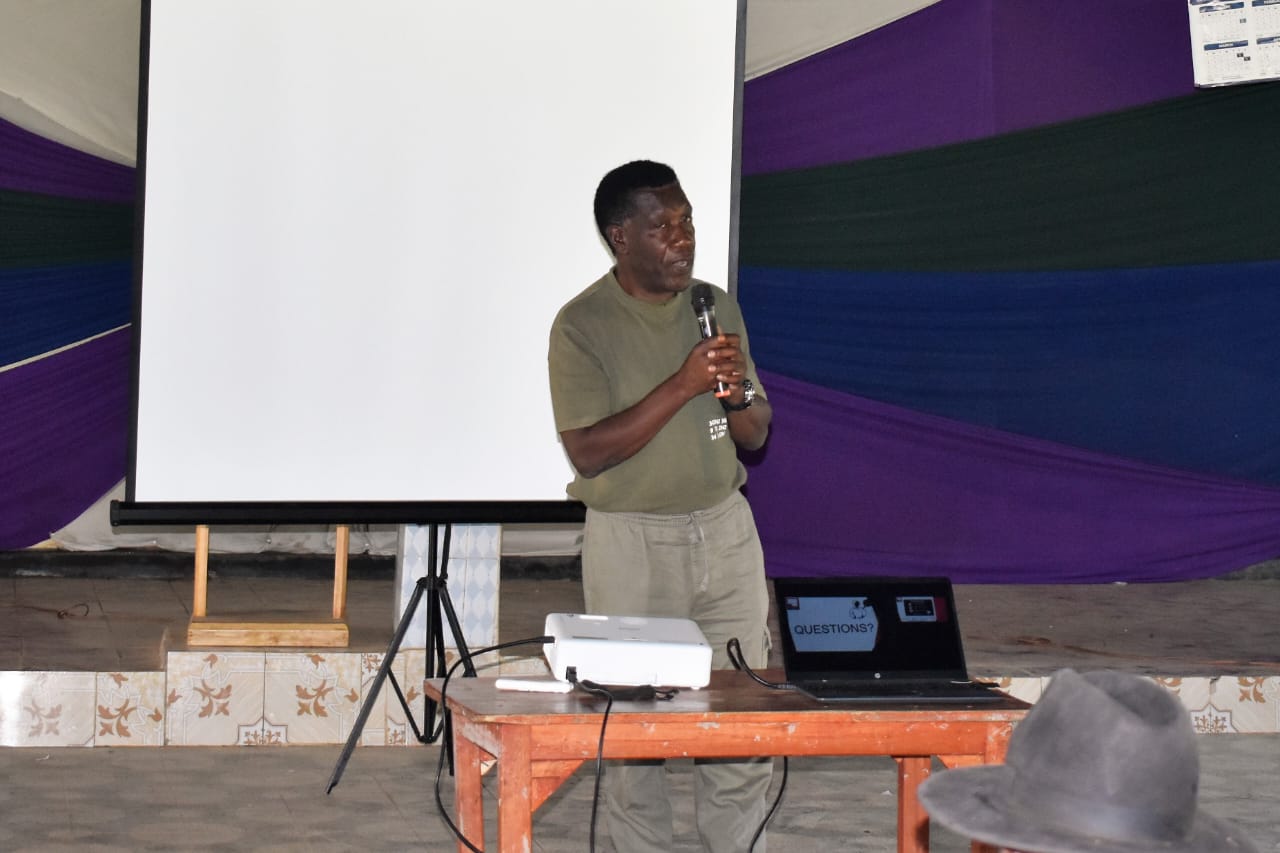In his book ‘There Was a Country’ published in 2012, Chinua Achebe comments about his epic novel, Things Fall Apart. He states that despite the exhilarating readership and monumental global acceptance the book received, his brother-in-law, who was not particularly a voracious reader, remarked that the novel gave him a terrible headache after reading. This points to the divergent opinions people may have on a literary item.
Some literary experts have opined that the current secondary school set-books are unfit and disrespectful to their immediate audience – the students. As a literary doyen, I wish to equally weigh in, though from a different perspective.
Notably, the compulsory novel ‘Fathers of Nations’ exhibits such issues as incompetence among the political class, bribery, role of the media, promiscuity, effects of restrictions, etc. The compulsory play, ‘The Samaritan’ demonstrates such concerns as the role of technology in combating vices of bad governance, corruption, environmental degradation, among others.
The optional novel ‘An Artist of the Floating World’ has apparently received the dreadful of criticism. This is due to its extremely nonlinear plot and its metanarrative structure (told from the first-person perspective). The book explores the shortcomings of prewar individuals and the struggles they endure after their country (Japan) gets bombed by America, and subsequent vanquishing of its military (after the explosion of the nuclear bombs at Hiroshima and Nagasaki). These warmongers struggle to fit into the post-war Japan, as their actions are introspectively regarded as disloyal, hence blameworthy.
The role of literature in a society includes entertainment, preservation of culture as well as information. Literature equally educates, warns, sensitizes and helps in the development of linguistic prowess. Literature is also expected to be cognizant of other people’s culture, hence appreciate diversity – the standards the current set-books have satisfactorily met.
While on my postgraduate studies, a unit on The Epic Tradition in Literature underscored the role of a storyteller in the preservation of a community’s oral tradition. In contemporary, a storyteller may be equated to a poet, a narrator, a musician, a praise singer, a spoken word artist, a poet, a genealogist, a spokesperson or simply a teacher.
ALSO READ:
From experience, a presentation may be tantalizing or boring, depending on how it is performed. A song may have fascinating lyrics, but the same song may make a nonsense show if the musician/ performer is lazy. What may make one live-band better than another? What may make a cover/ remix of a song better than its original version? It is all in the performance.
A literature book may be as good as the one teaching it, and the reverse is true. Literature is an art which deviates from such humanity subjects as history and religious studies, whose content equally dwells on oration. Just as we study characteristics of a good narrator as being creative and imaginative, so should be a teacher of literature, so much so that they make the subject fresh and interesting.
I may describe the current teacher of literature as unfortunate, because their learners are fond of live stuff such as video games, Netflix, TikTok reels and related electronic media. These youngsters aren’t hungry readers. Even some of the teachers, unlike those of the older generation, are guilty of the same. They are fans of this lively content, thus, a plain story in a novel easily elicits boredom. They would rather watch a movie than read a book. If such a teacher expects the learners to be the source of enthusiasm during a literature lesson, monumental boredom will definitely take centre stage.
Although I haven’t taught for as many years as a few of the proponents of the aforesaid argument, I can confidently attest that there isn’t as much enthusiasm in ‘The Government Inspector’, ‘The Merchant of Venice’ and ‘An Enemy of the People’ than there is in A Parliament of Owls. Neither is there more literary ecstasy in Things Fall Apart and The River Between than there is in ‘Fathers of Nations’. There is nothing so alien in An Artist of the Floating World than there is in The Whale Rider. Therefore, it is upon the teacher to make literature pedagogy as lively and captivating as possible, and make the issues therein as relatable to the learners’ experiences as possible.
By Wornicks Gisemba
About the writer:
Wornicks Gisemba teaches English at Nkoile Boys High School, Kajiado Central. He is also an author, editor and examiner. Email: wornicksg@gmail.com
You can also follow our social media pages on Twitter: Education News KE and Facebook: Education News Newspaper for timely updates.
>>> Click here to stay up-to-date with trending regional stories
>>> Click here to read more informed opinions on the country’s education landscape






